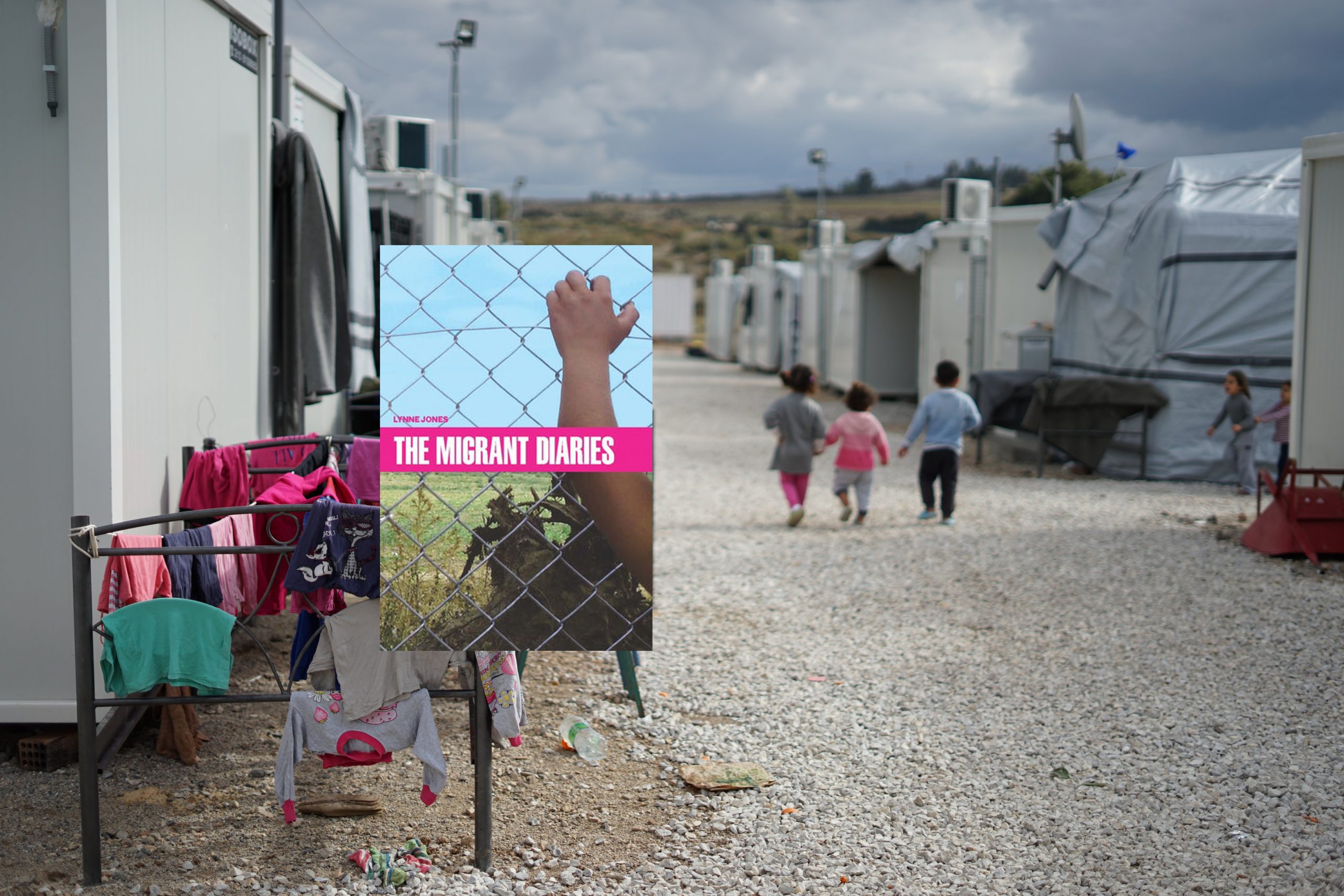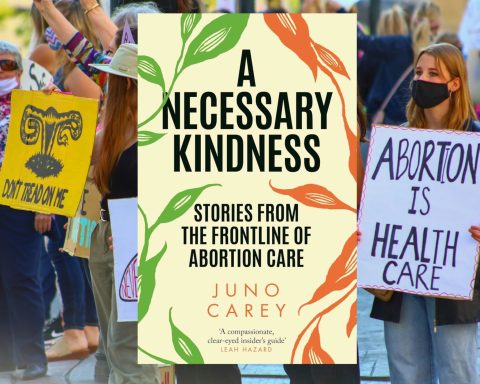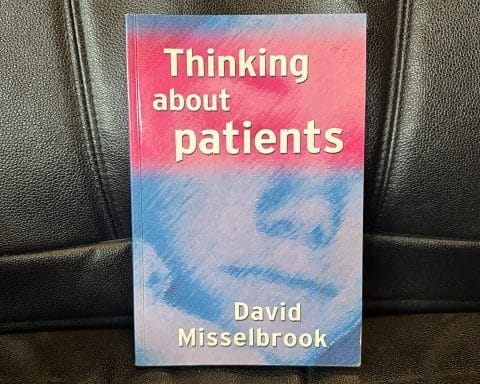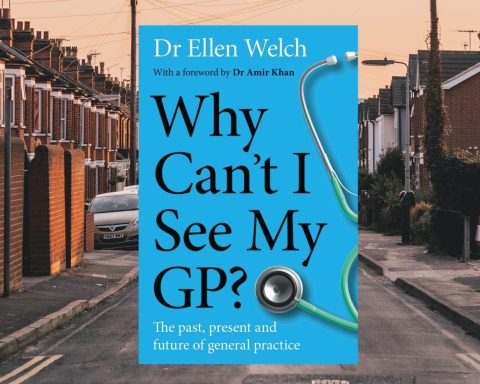
According to the United Nations High Commissioner for Refugees, in 2015 the number of forcibly displaced people in the world was 65.1 million. Five years later it was estimated at 79.5 million — roughly 1% of the world’s population.1 In 2018, the World Bank predicted that there might be more than 143 million ‘climate migrants’ by 2050.2
Across the globe, rich countries are reinforcing their borders, patrolling their seas to repel seaborne migrants, tightening the rules on asylum, and pandering to nationalist sentiment. Against this background, the plight of those driven by desperation to leave their homes and seek a new life elsewhere is grimmer than ever.
Across the globe, rich countries are reinforcing their borders … pandering to nationalist sentiment.
Dr Lynne Jones is a child psychiatrist with extensive experience of working in conflict zones and amid humanitarian crises all over the world, and has vividly outlined her remarkable career in her memoir Outside the Asylum.
In her new book, The Migrant Diaries, she focuses on the migrant experience, drawing on her own personal diaries, conversations with migrants and volunteers, and extended first-person narratives by a number of children and young people.
The text is complemented by black and white photos, some taken by the author, but many of them by children to whom she entrusted a camera and an open invitation to record whatever aspects they wished of their troubled lives. The result is the most powerful, moving, and informative account I have come across of the worldwide migrant/refugee crisis, and it deserves the widest possible readership.
Jones chooses to use the term ‘migrant’ rather than refugee after careful consideration, pointing out that the lines between refugee, asylum seeker, and migrant are blurred. As she says, ‘all of those I encountered were fleeing to survive, and are equally deserving of our concern and protection’. She quotes the British Somalian poet Warsan Shire:
‘You have to understand,
No one puts their children in a boat
Unless the water is safer than the land.’3
The diaries span the 5 years from 2015 to the pandemic year of 2020, and range across locations from Calais to the Greek islands and the Macedonian border, Sicily, mainland Italy, and Central America.
We are all familiar with the images splashed across our TV screens from these places, but we have less often heard the words of the refugees themselves, or of the myriad volunteers moved to give up their comforts, and sometimes their careers, to do what they can to help. This is the great strength of this book — to give voice and to bear witness.
Jones makes a powerful case for migrants to be given more autonomy and responsibility for running the camps in which they are often incarcerated, and the opportunity to use their experience and skills to contribute to their host societies.
[The Migrant Diaries] is the most powerful, moving, and informative account I have come across of the worldwide migrant/refugee crisis …
She demonstrates how small changes and imaginative projects can make life more bearable, and by providing short workshops she gives volunteers and migrants alike the tools to improve their mental health and relieve their acute stress.
One of many poignant anecdotes concerns the theft of her backpack, which contained the menagerie of glove puppets who had accompanied her through a decade of humanitarian disaster work, enchanting traumatised children and sometimes disarming hostile policemen.
In contrast to the often horrific conditions that migrants have to endure, not only during their terrifying journeys but even in the camps where they end up, everywhere Jones finds examples of altruism, generosity, and compassion on the part of the migrants themselves, as well as of volunteers and host populations. She does not gloss over incidents of violence and crime, but emphasises their surprising rarity given the conditions.
Over the 4-year span of the diaries, in both Europe and the US, Jones notes a hardening of attitudes towards refugees, as local populations become increasingly resentful of the disproportionate number of displaced people camped in their neighbourhood and governments squabble among themselves to minimise the numbers they are willing to accept.
The advent of the COVID-19 pandemic has given an excuse for ever more rigid criteria to be applied, and the outlook is unprecedentedly bleak; the deepening climate crisis only makes it worse.
The advent of the COVID-19 pandemic has given an excuse for ever more rigid criteria to be applied …
Jones freely admits that she does not have an answer to the migrant crisis, but she insists that we should meet the issue head-on, and recognise it as a matter of justice and human rights. As she puts it, ‘One’s chances of life, liberty, and the pursuit of happiness cannot simply depend on geographical lotto’. I would substitute ‘should not’ for ‘cannot’, for it is patently obvious that life chances never have been, and never will be, equal.
This does not mean that we shouldn’t agitate to mitigate these inequalities, and the idea of a global wealth tax, implying a massive redistribution from rich to poor countries, is one that she mentions.
We should also insist that migrants should be treated with compassion and respect at every stage of their journey; however, we also have to deal with the issue of gross and growing inequalities in our own society, and the fact that we have a couple of million households on the waiting list for social housing, not to mention the growth of xenophobia accompanying Brexit.
It will take major shifts in policy and attitudes for the UK to become a migrant and refugee-friendly country again.
References
1. United Nations High Commissioner for Refugees. Global trends: forced displacement in 2019. 2020. https://www.unhcr.org/5ee200e37.pdf (accessed 14 May 2021).
2. The World Bank. Groundswell: preparing for internal climate migration. 2018. https://www.worldbank.org/en/news/infographic/2018/03/19/groundswell—preparing-for-internal-climate-migration (accessed 14 May 2021).
3. Shire W. Home. https://www.poemhunter.com/poem/home-433 (accessed 14 May 2021).
Competing interests
Lynne Jones and Dougal Jeffries were fellow undergraduates in Human Sciences at Oxford University.
Featured book
Lynne Jones. The Migrant Diaries. The Refuge Press, 2020, PB, 430pp, £14.99, ISBN-13: 9780823296989.
The author’s profits from the sale of her book will be donated to the charity Choose Love: Help Refugees.
Featured photo by Julie Ricard on Unsplash








